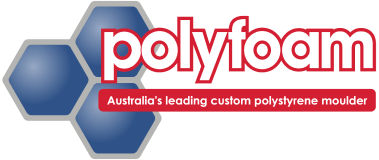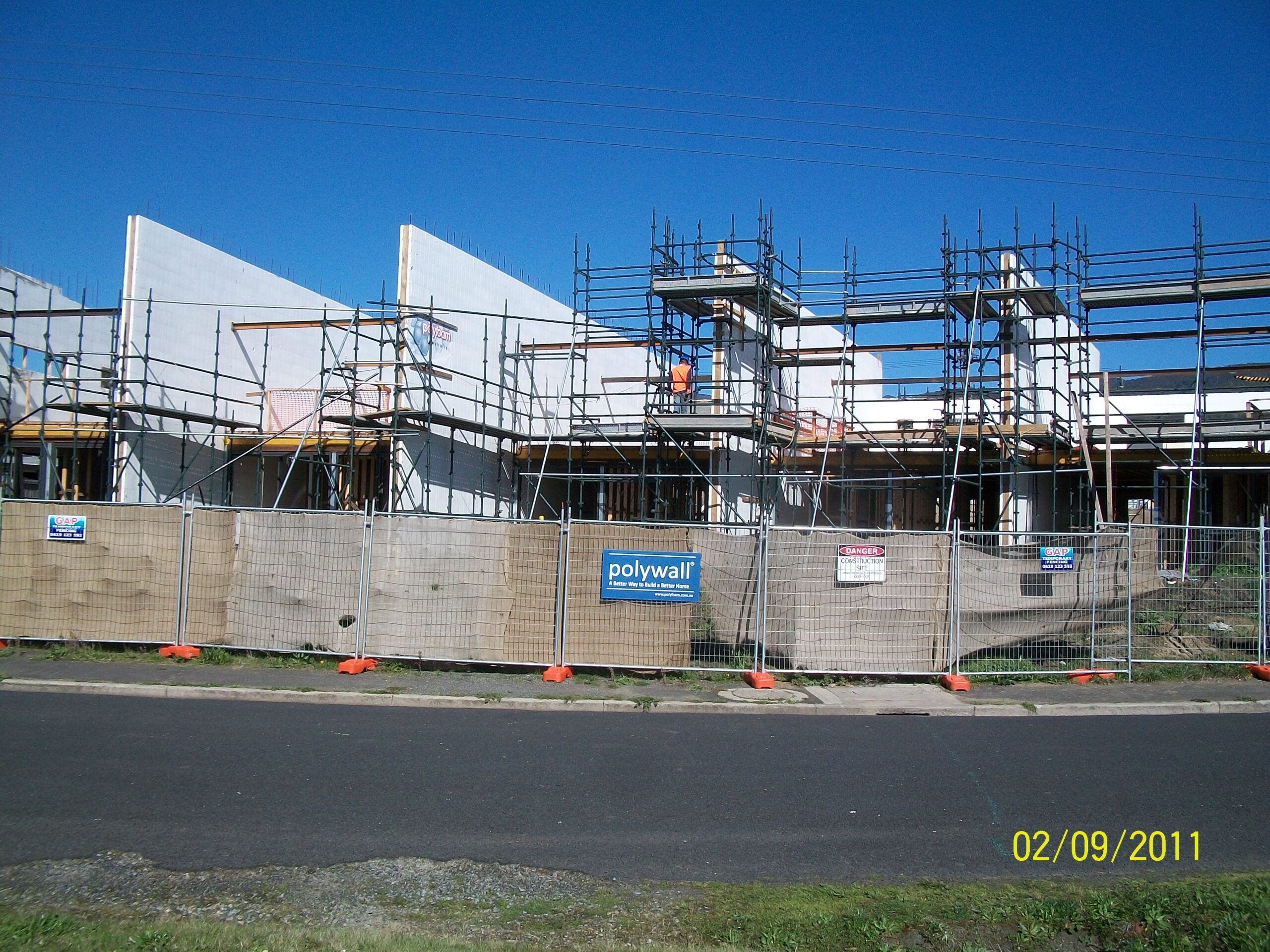Over the past thirty years, the Australian construction landscape has undergone a transformative shift towards more efficient, sustainable, and versatile building practices. At the forefront of this revolution is Polywall®, an innovative Insulated Concrete Form (ICF) system developed by pioneers like Polyfoam for industry leaders including Thermacell ICF Systems Aust P/L and Insulbrick Australia. This pivotal innovation has redefined the construction of structures ranging from multi-level homes to swimming pools, marrying economic viability with environmental stewardship.
The Genesis of Polywall®
Polywall® is not merely a product but a premier choice within the realm of ICF systems, known for its exceptional design and construction benefits. Crafted from expanded polystyrene panels and reinforced concrete, Polywall® delivers unparalleled thermal efficiency, sound insulation, and fire resistance. These features make it an economically and environmentally friendly option for a myriad of construction projects.


How Insulated Concrete Forms Work
At their core, ICFs are sophisticated building blocks made from expanded polystyrene foam. These blocks, akin to oversized toy blocks, are designed for easy assembly on a solid foundation. Hollow in nature, they incorporate internal plastic ties for structural support and secure placement of metal rebar. The construction process involves stacking these blocks to form walls, integrating necessary plumbing and electrical conduits, and finally filling the assembly with concrete. The result is a robust, reinforced concrete wall, which, thanks to systems like Polywall®, can be poured up to 3 meters high in a single effort, assuming appropriate bracing and pouring techniques.
The below video by Yaron Gal Housekonsept illustrates the clean and efficient process of building with Polywall®
Key Benefits of Polywall® ICFs
Polywall® ICFs epitomize modern construction’s compelling blend of traditional materials’ practical benefits with contemporary building techniques’ innovative advantages. This synergy of structural integrity, efficiency, and environmental consideration heralds a new era in construction solutions.
-
Structural Strength
Polywall® ICF walls boast exceptional durability and resistance to extreme weather conditions. This robustness makes them ideally suited for a wide array of construction projects, ensuring long-term stability and security.
-
High Thermal Efficiency
The innovative combination of concrete and foam insulation inherent in Polywall® significantly reduces energy requirements for heating and cooling. This high thermal efficiency translates to considerable energy savings and a more sustainable building footprint.
-
Low Sound Transfer
One of the standout features of Polywall® ICF construction is its superior sound insulation capabilities. By significantly reducing noise penetration through walls, Polywall® creates quieter, more serene indoor environments.
-
High Fire Resistance
The non-combustible nature of Polywall® ICFs offers enhanced safety in bushfire-prone areas, adding a critical layer of protection to buildings. This high fire resistance further underscores Polywall®’s commitment to safety and durability.
-
Economic Viability
While the initial costs of Polywall® ICF construction may align with traditional methods, the long-term savings in energy consumption and maintenance render it a more cost-effective choice. This economic viability, coupled with its myriad benefits, positions Polywall® as a prudent investment for the future.
-
Environmentally Friendly
Polywall® ICFs stand out for their minimal environmental impact. Through reduced energy consumption and the use of recyclable materials, Polywall® contributes to a smaller carbon footprint, aligning with contemporary demands for eco-friendly construction practices.

Unveiling Polywall®: A Closer Look at Its Construction and Environmental Impact
Polywall®, developed with Polyfoam’s expertise, is more than a construction material; it’s a comprehensive building solution. Beyond its technical prowess, Polywall® encapsulates a commitment to sustainability, from its resistance to bushfires and termites to its negligible maintenance requirements. The expanded polystyrene (EPS) at its core is a testament to innovation, offering durability, moisture resistance, and exceptional insulation capabilities across extreme temperatures.
Understanding EPS: The Core of Polywall
Expanded Polystyrene (EPS) is a lightweight, cellular plastic material, pivotal to Polywall’s performance. It comprises 98% air, making it incredibly light yet surprisingly strong. The EPS used in Polywall has been meticulously tested to ensure it provides the optimal balance of formwork strength and insulation efficiency.
-
Durability and Moisture Resistance
EPS is an inert, organic material that does not rot and is highly resistant to mildew, offering no nutritive value to termites or rodents. Its closed-cell structure makes it resistant to water absorption, contributing to Polywall’s durability and longevity.
-
Insulation Capabilities
EPS’s insulation capabilities are remarkable, effective in extreme temperatures ranging from sub-zero conditions to those exceeding 60ºC. This versatility makes Polywall an ideal solution for a wide range of climatic conditions, enhancing its appeal across diverse geographic locations.
-
Environmental Impact
EPS is environmentally friendly, contributing positively to the environment throughout its lifecycle. It uses less energy in production, saves energy once in use, and has a lower environmental impact upon disposal compared to many competing materials. Importantly, EPS helps reduce carbon dioxide emissions, playing a role in mitigating global warming.


The Environmental Ethos of Polywall®
Polywall®’s environmental benefits extend well into its lifecycle, from the energy-efficient production of EPS to its role in reducing carbon dioxide emissions. The system’s recyclable nature and contribution to waste management further highlight Polyfoam’s dedication to environmental stewardship. Polywall® not only facilitates the creation of energy-efficient and sustainable structures but also embodies a forward-thinking approach to construction that prioritizes ecological responsibility.


Concluding Thoughts: The Future of Construction with Polywall®
Polywall® represents a significant leap forward in building technology, offering a blend of durability, efficiency, and environmental sustainability. Its comprehensive benefits, from structural integrity to environmental friendliness, make it an exemplary choice for the modern construction landscape. As the industry continues to evolve towards greener, more sustainable practices, Polywall® stands as a beacon of innovation, promising a future where buildings are not just structures but sustainable habitats for generations to come.



